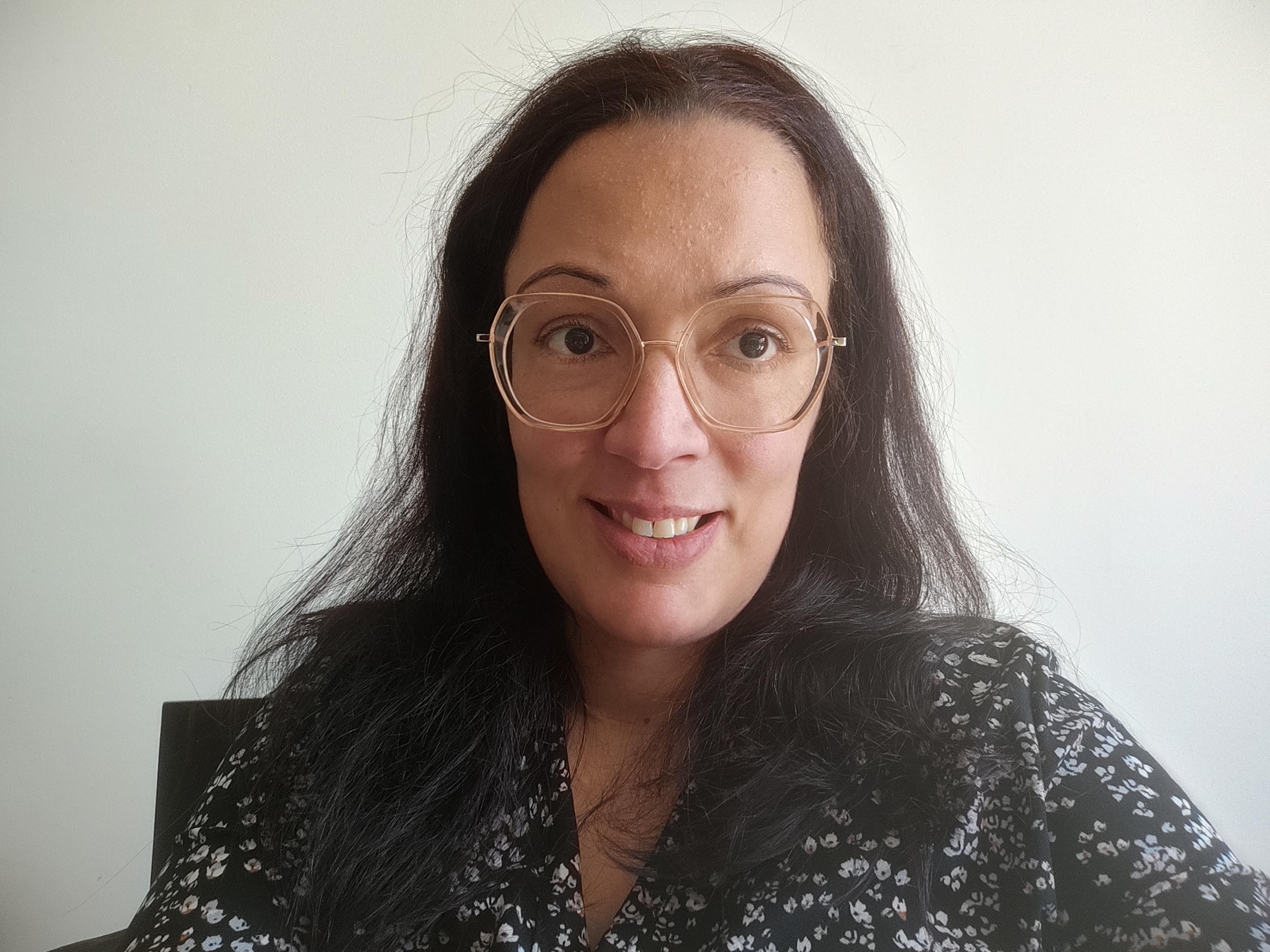Chandra Wilson, who has played the charismatic Dr. Miranda Bailey since the first season of the series “Grey’s Anatomy”, confided in the rare disease from which her eldest daughter suffers.

- Cyclic vomiting syndrome refers to severe episodic vomiting that lasts for hours or even days, interspersed with symptom-free intervals.
- This interaction between the digestive tract and the brain is poorly understood and difficult to diagnose.
Yesterday Wednesday, February 9, TF1 began broadcasting the new episodes of season 17 of the famous series “Grey’s Anatomy”, whose dazzling success has popularized scenarios featuring the medical world.
Medical wandering
One of the episodes this time was directly inspired by the life of Chandra Wilson, who has played the charismatic Dr. Miranda Bailey since the first season. The 52-year-old actress has had to face the medical wandering of one of her three children, suffering from a rare disease.
It all started a few years ago, when her eldest daughter Sarina McFarlane repeatedly vomited. The 16-year-old was also suffering from terrible abdominal pain. “I thought it was crazy. Something was wrong with my daughter, and no one knew what it was” says Chandra Wilson. Despite various medical tests, the doctors found nothing and the crises multiplied. Then begins an obstacle course.
“I wrote down everything she ate”
“I found myself writing down everything she ate, where we were, I wrote down all that information myself. Every time I went to the hospital, I added that information in a binder” remembers the actress. “After eight months, I was walking around with a huge binder. When you’re the parent of someone with chronic pain, you end up creating these binders for all the hospital stays so you can track every visit and any new stuff that comes out of it.” testifies Chandra Wilson.
After 10 months, the doctors finally identified what her daughter was suffering from: cyclic vomiting syndrome, due to a poor connection between the intestine and the brain. A “chance”, since the majority of people with this rare disease spend years without knowing what they have, and therefore without appropriate care (even if they are not, today, curative).

.
















